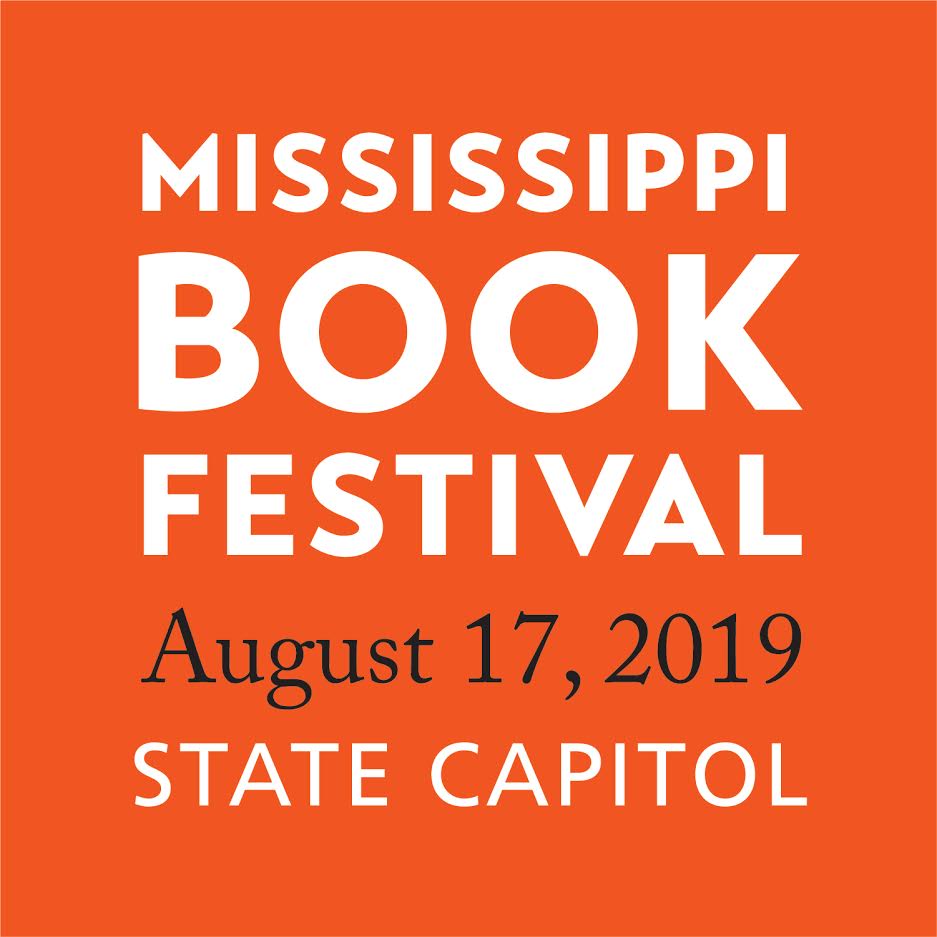By Bryce Upholt. Special to the Clarion-Ledger Sunday print edition (June 17)
Sweet & Low, the new collection of stories by rising young writer Nick White, revives an old tradition: its pages are filled with exiled Southerners and new arrivals trying to grapple with what to make of this strange place.
 The plots of White’s stories, when summarized, sound like the standard fare of short literary fiction. Lovers endure a strained vacation in the touristy Tennessee mountains; an angry father stares down his impending death; a young boy makes a brave choice that results in an uncomfortable coming of age. But in White’s hands, these small personal dramas are spiked with edgy hilarity.
The plots of White’s stories, when summarized, sound like the standard fare of short literary fiction. Lovers endure a strained vacation in the touristy Tennessee mountains; an angry father stares down his impending death; a young boy makes a brave choice that results in an uncomfortable coming of age. But in White’s hands, these small personal dramas are spiked with edgy hilarity.
The book’s first section, “Heavenly Bodies,” is a tour-de-force quartet. The four stories together showing that a singular, distinct voice can nonetheless span a range of settings and tones.
White delights in unexpected turns and outsize characters. “These Heavenly Bodies,” a highlight story, features an unexpected set of stars: drop-dead gorgeous Siamese twin teenagers who strut about in a bikini at the local pool. They are at once mythical and absolutely real.
The second, longer section is really a short novel in stories. The stories are connected by Forney Culpepper, whose family arrived in the Delta three generations back. That’s not long enough to be deemed true locals by their neighbors, he says—though it seems just as likely that the trouble is the family’s atheism and its unorthodox living arrangements.
We first meet Forney as a troubled child and see him through to his still-troubled old age. An aspiring writer, a rakish lover, a frequent failure, Forney contains multitudes. The stories’ different narrators offer such different visions of Forney that at times it took a few pages before I recognized the man.
Forney is sometimes charming, sometimes sympathetic—and often an unrepentant jerk. Those shifts can be frustrating, but they are the point. There are so many versions of each of us, known by the many people we have met.
The title of this section, “The Exaggerations,” references an uncle of Forney’s who likes to whip up tales—not for the sake of conveying morals or lessons, Forney tells us, but because he wants “to shape the world into something better than it [is].”
White, in the tradition of the great Mississippi writer Lewis Nordan, is attempting the same. Not that he avoids the harsh truths of the world. His exaggerations—his over-the-top humor, his eccentric characters—function like the sunglasses we wear to look at a solar eclipse. White’s South is complex, hard to square, and full of pain. You’ve got to shield yourself before you can look at the blaze of that truth.
White’s warmly reviewed debut novel, How to Survive a Summer, depicted the traumatic consequences of a young man’s summer at a conversion-therapy camp in the Mississippi Delta, which aimed to cure its campers of their gayness.
In this collection, too, characters in every story are—to use the word that White embraces—queer. Which is an important and fresh addition to the Southern canon.
Queer need not mean the characters are gay, necessarily. It’s just that his or her notions, from what bodies he finds alluring to how she wants to live her life, don’t find into simple constraints.
But whose notions do? We’re all queer in our own ways, even if the label might make some of us squirm. White is often praised as an important, emerging queer writer, and as evidence the emergence of the New South. But with stories this strong, it’s just as fair to call him one of the country’s most promising young fiction writers, too.
Boyce Upholt is a freelance writer based in the Mississippi Delta. His journalism and fiction has appeared in The Atlantic, The New Republic, and the Sewanee Review, among other publications.
Nick White will appear at the Mississippi Book Festival August 17 as a participant in the “LBGTQ+: Southern Perspectives” panel at 2:45 p.m. in State Capitol Room 113.



Comments are closed.